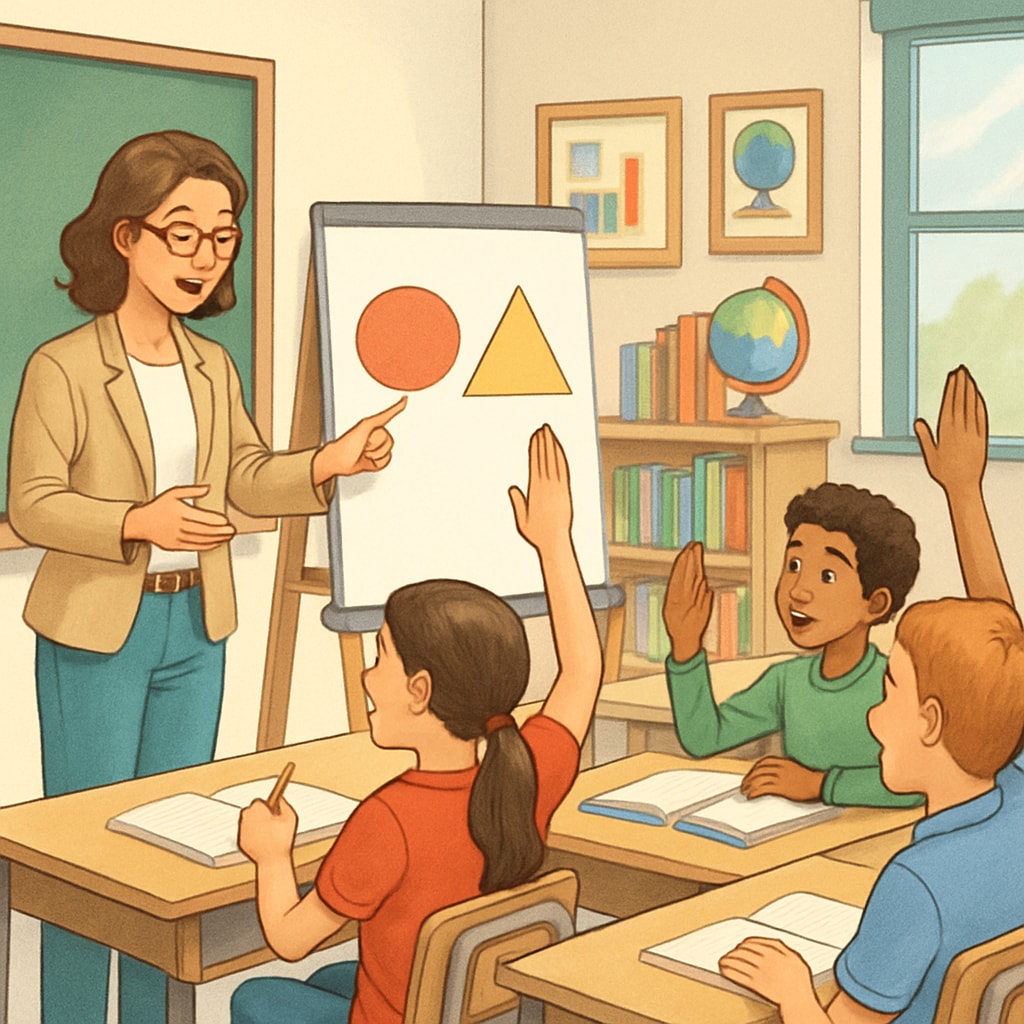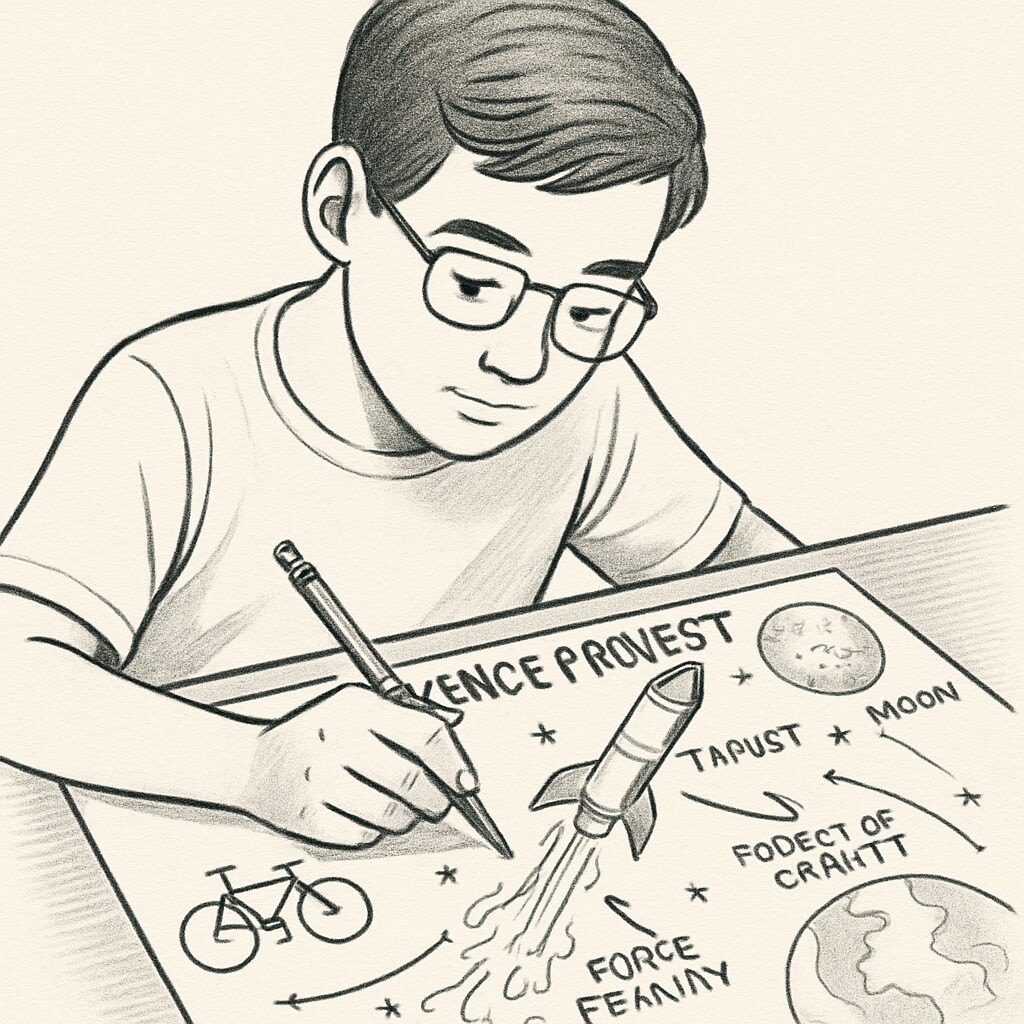Helping seventh-grade students struggling with learning motivation and unhealthy habits can be a significant challenge for parents and educators. However, with the right mix of strategies, including interest-driven learning, family involvement, and lifestyle adjustments, it is possible to guide these young learners toward academic success and personal growth. Addressing “learning motivation” and “family support” effectively can lead to positive changes in both education and overall well-being.
Understanding the Root Causes of Low Motivation and Poor Habits
Before implementing solutions, it’s crucial to understand why a student is experiencing a lack of motivation and unhealthy routines. Adolescence is a time of significant physical, emotional, and social change, which can contribute to distraction or withdrawal. Factors such as academic pressure, lack of interest in school subjects, excessive screen time, or insufficient sleep often play a role.

To address these issues, parents and educators must identify specific triggers, whether they stem from external stressors or internal struggles. Open communication with the student can uncover these underlying causes.
Using Interest-Based Learning to Spark Motivation
One of the most effective ways to rebuild a student’s learning motivation is by connecting education to their personal interests. For example, if a student enjoys art or sports, incorporating these themes into lessons can make learning more engaging and meaningful. Educators can use techniques like project-based learning or gamification to maintain focus and enthusiasm.
- Encourage exploration of hobbies and passions that align with educational goals.
- Introduce creative assignments, such as designing presentations or participating in group challenges.
- Use real-world examples that resonate with the student’s experiences.

Strengthening Family Support for Holistic Development
Family involvement plays a pivotal role in shaping a student’s attitude toward education and lifestyle choices. Supportive parents can provide encouragement, establish clear routines, and set realistic expectations. Moreover, creating a stable home environment with open communication fosters trust and accountability.
For example, families can institute household routines that include designated times for study, exercise, and relaxation. Parents can also model healthy habits by prioritizing their own well-being, showing children the importance of balance.
Promoting Healthy Lifestyle Changes
Unhealthy habits such as irregular sleep patterns, poor diet, and excessive screen time can significantly impact a student’s ability to focus and learn effectively. Encouraging healthy lifestyle changes is essential for fostering both physical and mental well-being. Strategies include:
- Establishing consistent bedtime routines to improve sleep quality.
- Providing nutritious meals to support cognitive function and energy levels.
- Limiting screen time and encouraging outdoor activities or hobbies.
These adjustments not only improve academic performance but also help students develop lifelong habits that contribute to overall success.
Conclusion: A Holistic Approach to Teen Motivation
Helping seventh-grade students rebuild learning motivation and healthier habits requires a balanced approach involving interest-driven education, family support, and lifestyle changes. By understanding their unique needs and addressing challenges holistically, we can empower young learners to thrive both academically and personally.
Parents and educators must work together to create an environment that nurtures curiosity, discipline, and self-confidence. The journey may be challenging, but the long-term benefits are well worth the effort.
For further information, explore resources like Adolescent Development on Wikipedia and Educational Psychology on Britannica.


